Daniel Ellsberg, the renowned military analyst who courageously revealed the truth about American deception in Vietnam through the Pentagon Papers, passed away at his home in Kensington, Calif., at the age of 92. His wife and children confirmed that he had succumbed to pancreatic cancer. In March, Ellsberg shared with his friends and supporters that he had been diagnosed with inoperable pancreatic cancer and was given a prognosis of three to six months to live.
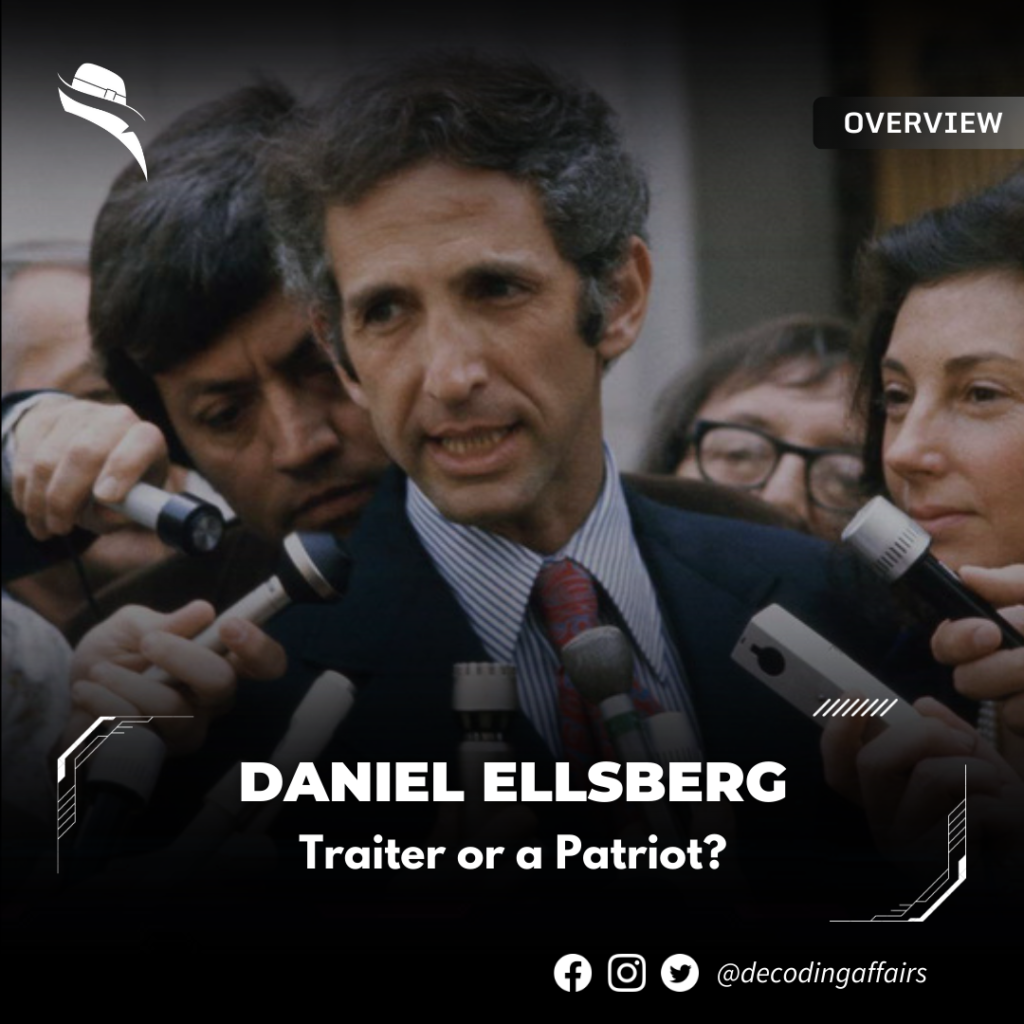
The release of the Pentagon Papers, comprising 7,000 pages exposing the deceit and overreach of successive presidents during the Vietnam War, ignited a nation already torn apart by the conflict. The disclosure led to illicit measures by the White House to discredit Ellsberg and hinder the leak of government information, eventually culminating in the Watergate scandal and the resignation of President Richard M. Nixon.
The publication of the papers by The New York Times prompted a First Amendment clash between the Nixon administration and the media, with the U.S. Supreme Court upholding the press’s freedom. Ellsberg faced charges of espionage, conspiracy, and other crimes but was saved from trial when the judge dismissed the case due to government misconduct and illicit activities.
Ellsberg’s journey mirrored the trajectory of the American experience in Vietnam, from initially supporting the containment of communism to a profound realization of the war’s brutality and futility. After leaving the military, he worked at the RAND Corporation and extensively studied game theory and its application to nuclear warfare. As an adviser to Defense Secretary Robert S. McNamara, he witnessed the escalating war and its devastating consequences firsthand.
Haunted by the escalating death toll and the atrocities committed, Ellsberg grew disillusioned and began openly opposing the war. He resigned from RAND and, together with his colleague Anthony J. Russo Jr., leaked the classified Pentagon study to The New York Times and The Washington Post. This courageous act put him in confrontation with the Nixon administration and its “plumbers” unit, who sought to silence him through illegal means.
The Pentagon Papers not only revealed the expansion of the war but also exposed the callousness and disregard for human life among high-ranking officials. Ellsberg referred to the conflict as “an American war almost from the beginning.” His actions, alongside the publication of the papers, underscored the importance of a free press and led to a significant legal precedent.
Daniel Ellsberg’s unwavering dedication to truth and justice will forever be remembered as a pivotal moment in American history. His courage in the face of immense personal risk set an example for whistleblowers and advocates of government transparency, leaving a lasting impact on the nation.

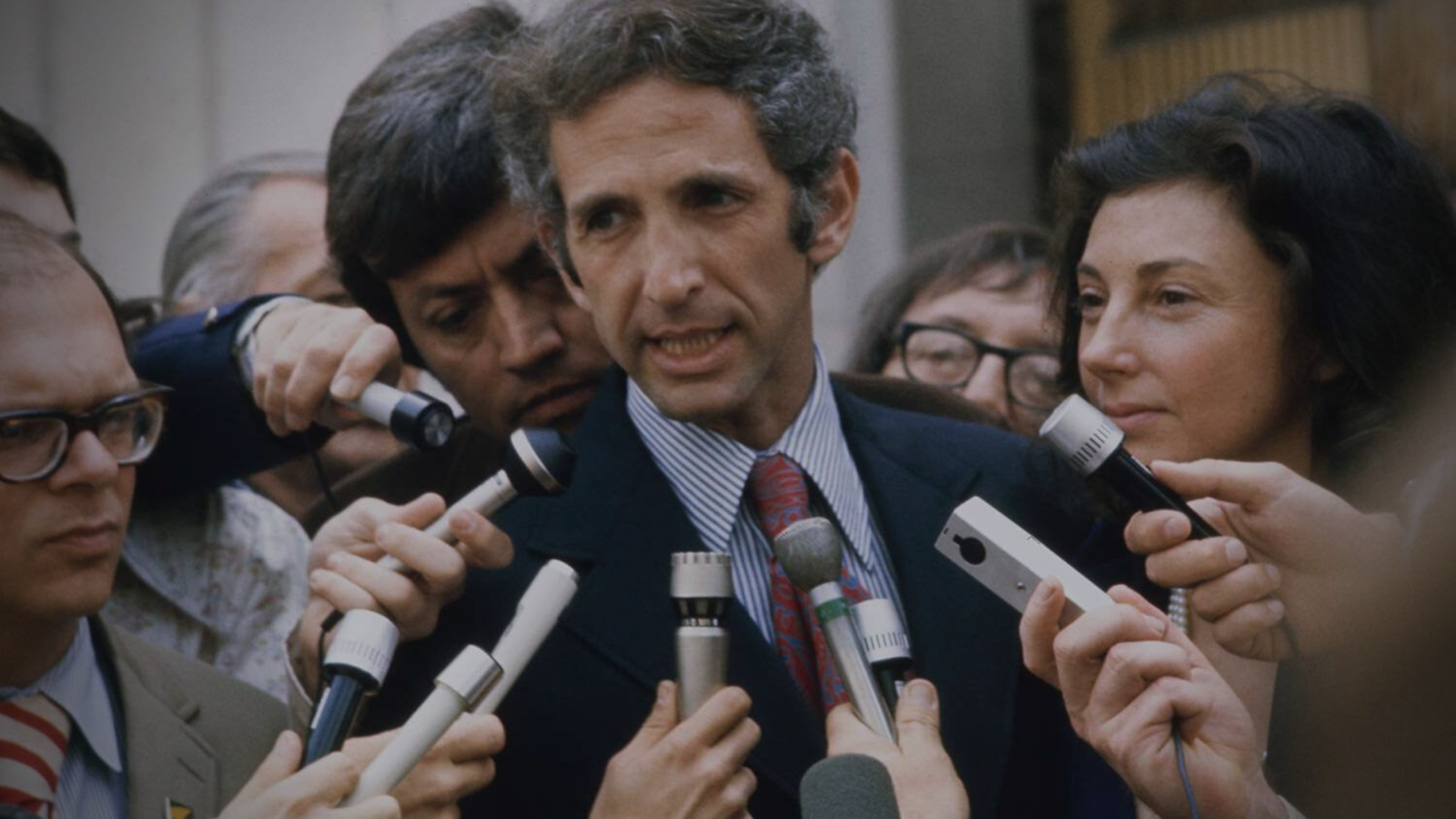
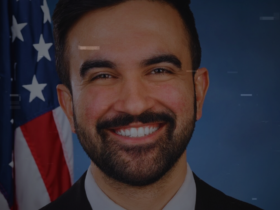

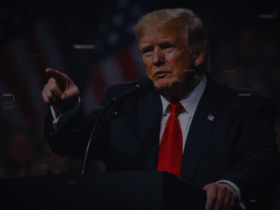
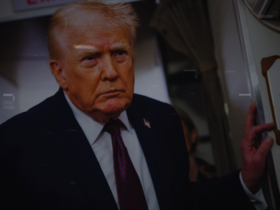
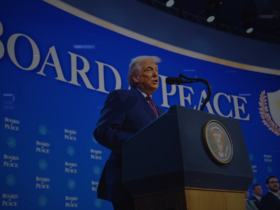
Leave a Reply